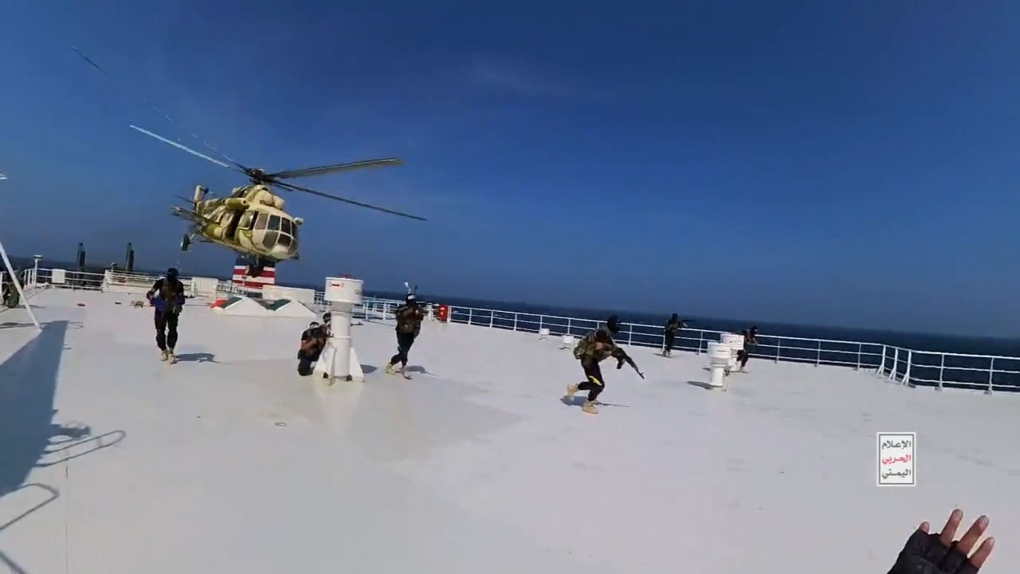
The United States has disclosed recently declassified intelligence indicating Iran's substantial role in strategizing operations against merchant ships in the Red Sea, as conveyed by National Security Council representative Adrienne Watson in a statement to CNN. The information was sourced from Houthi Military Media.
In a recent development, the United States has declassified intelligence indicating Iran's deep involvement in planning operations against commercial vessels in the Red Sea, according to Adrienne Watson, a spokesperson for the National Security Council. The Iran-backed Houthi rebels have reportedly carried out over 100 attacks on around a dozen commercial and merchant ships in the Red Sea over the past four weeks.
The newly disclosed intelligence points to Iranian support during the Gaza crisis, empowering the Houthis to launch attacks against both Israel and maritime targets. Notably, Iran tends to delegate operational decision-making authority to the Houthis.
A senior U.S. military official confirmed Iran's presence in the Red Sea, but emphasized that Houthi attacks have been indiscriminate. Watson underscored that Iran's support is crucial for the Houthis to effectively track and strike commercial vessels navigating the Red Sea and Gulf of Aden.
The declassified intelligence also reveals Iranian provision of monitoring systems to the Houthis, enhancing their maritime operations. Tactical intelligence from Iran has played a critical role in enabling Houthi targeting of maritime vessels since November.
Furthermore, Iran has supplied the Houthis with drones and missiles for their attacks, a practice dating back to 2015. This information comes amid the launch of Operation Prosperity Guardian by the U.S. to bolster security in the southern Red Sea. Over 20 nations have already joined this maritime coalition.
The severity of attacks on commercial ships in the Red Sea has reached unprecedented levels, described by a senior U.S. military official as a substantial change in the security environment. The Red Sea hosts a crucial maritime trade route, and the attacks have disrupted international trade, affecting at least 44 countries with connections to targeted vessels.
The escalation of attacks aligns with the ongoing conflict between Israel and Hamas, triggered by a terrorist attack on October 7 that claimed around 1,200 lives in Israel. As Israel retaliated, the Houthis targeted ships they accused of supporting Israel's war effort, leading major companies like BP and Maersk to suspend operations in the Red Sea. This suspension has contributed to a notable increase in oil and gas prices.
The Houthi attacks, part of Yemen's decade-long civil war, are framed as retribution for Israel's military campaign against Gaza. However, not all targeted ships are believed to have direct connections to Israel. The Houthis, showcasing incremental advancements in weaponry, have issued a confrontational stance against any U.S.-led coalition in the Red Sea, as reported by a spokesperson earlier this week.















